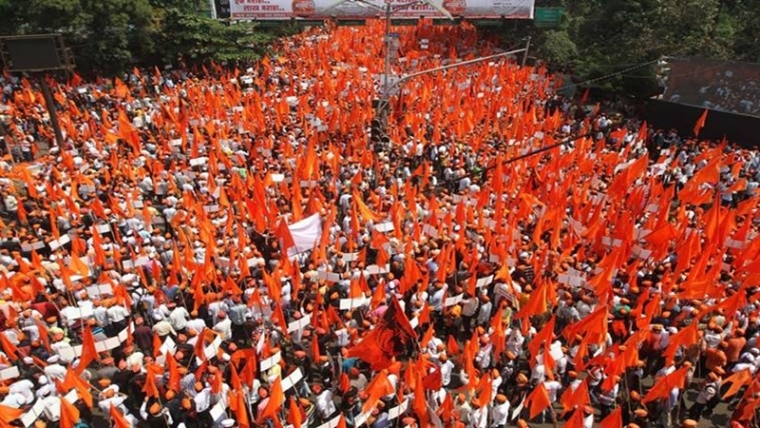
Many people wonder why is the caste system still practiced in India? Why does india still have a caste system?
We all live in the age of science, age of modern thoughts, right? well, no. Many of us are still living in the time of a 1000 years ago.
From Tretayug to Kaliyug, God has been incarnating (or emerging) himself into human form to teach and guide Humans towards the true path of living a life.
But we, humans always forget and sometimes distort what God taught us.
In Tretayug, Shri Rama equally respected all people whether they were Brahmins or Shudras like Kevat or Shabri.
In Dwaparyug, Shri Krishna described in Bhagwat Gita 4.13, that four divisions of society are created according to their (Men’s) material nature, work and not according to birth.
Buddha, 23rd Avatar of Vishnu, has also condemned the birth-based caste system. He also said that only a person’s virtues and deeds should be counted for the respect he is given.
But now, when it is the perfect time to destroy the caste system, and yet we are not doing it. Neither upper-caste nor lower caste’s people want to destroy the system.
If there is a group to blame for the creation of the Caste System, it will be Brahmins. But if there is some to blame for continuity of Caste System, it will be both Brahmins and Dalits.
Brahmins did not do any good by bringing this caste system in the society but this has been becoming a habit of a lower caste person to enjoy benefits of reservation and other perks they get by announcing their caste to government.
Let us first know what Casteism actually describes-
- Shudras: labourers and service providers.
- Vaishyas: agriculturalists and merchants.
- Kshatriyas: rulers, warriors and administrators.
- Brahmins: priests, scholars and teachers.
And this concept was first off-cited by Manu Smriti (मनुस्मृति) and also cited in Purush-Sukta of Rig Veda. But, there are also various Hindu Texts also criticize and resist casteism including Purush-Sukta.
All of these scriptures strictly emphasize on work-based categorization, not birth-based one.
All those things like restricting Dalits from entering temples and getting an education were not there in the Vedic Period. These things were again brought in practice through the Mughal Period.
Enough of old times, let’s take a look at present scenario:
- Do you ask the caste of a vegetable seller when you buy vegetables?
- Do you ask the caste of the cashier at a bank?
- Do you ask the caste of the cook at a restaurant?
- Do you ask the caste of your teacher?
Well, I think No.
So, caste doesn’t matter very much in our modern Indian society. Then what is taking Casteism to stick with our literate society and even growing its roots deeper?
Because:
- Caste is the main reason that even upper castes are demanding reservation and politicians are using those people for votes.
- Most of lower caste people don’t want to leave reservation even if this people is president of India.
- People are more respected than upper caste people but they still call themselves as Dalit because they want their next generations to enjoy reservation and other benefits.
- Also, upper-caste people want themselves to be called “Upper Caste”, so they are also not willing to leave their caste.
The world is laughing at us that we think of becoming Super Power in the 21st century, yet we don’t want to leave this ages-old conservative idea.
But we have the power to destroy this discriminative ideology. We have done that in past, that’s why there were great souls like Rishi Valmiki, Tapasvini Shabari and Sant Ravidas in ancient times.
Some pleasant events happening, are:
- The increasing number of inter-caste marriages.
- A group in Bhopal, Madhya Pradesh changed their last names to “Hindu”, leaving their caste Identity.
- Samajik Samrasta Manch, a part of RSS regularly organize marches to unite Hindus against castes.
Again, the world is developing very fast and so should we.
"You cannot achieve equality in society if you hate people on the basis of their birth."
Jay Shri Ram.
Brother, may you tell me, from where the 23rd AVATAR of shri vishnu came?
ReplyDeleteShri Vishnu will only take 10 avatars, 9 has been taken, 1 is left. then budhdha?
Thanks for your comment, brother.
DeleteLord Vishnu have 24 incarnations (Bhagvat Purana). Out of these, 10 main incarnations are called Dasavatars.
Buddha is the 23rd avatar of Lord Vishnu. He is also included in the Dasavatars on number 9, succeeded by Kalki (Garuna Purana, 8.10).
I hope you may find it helpful. Thank you again.